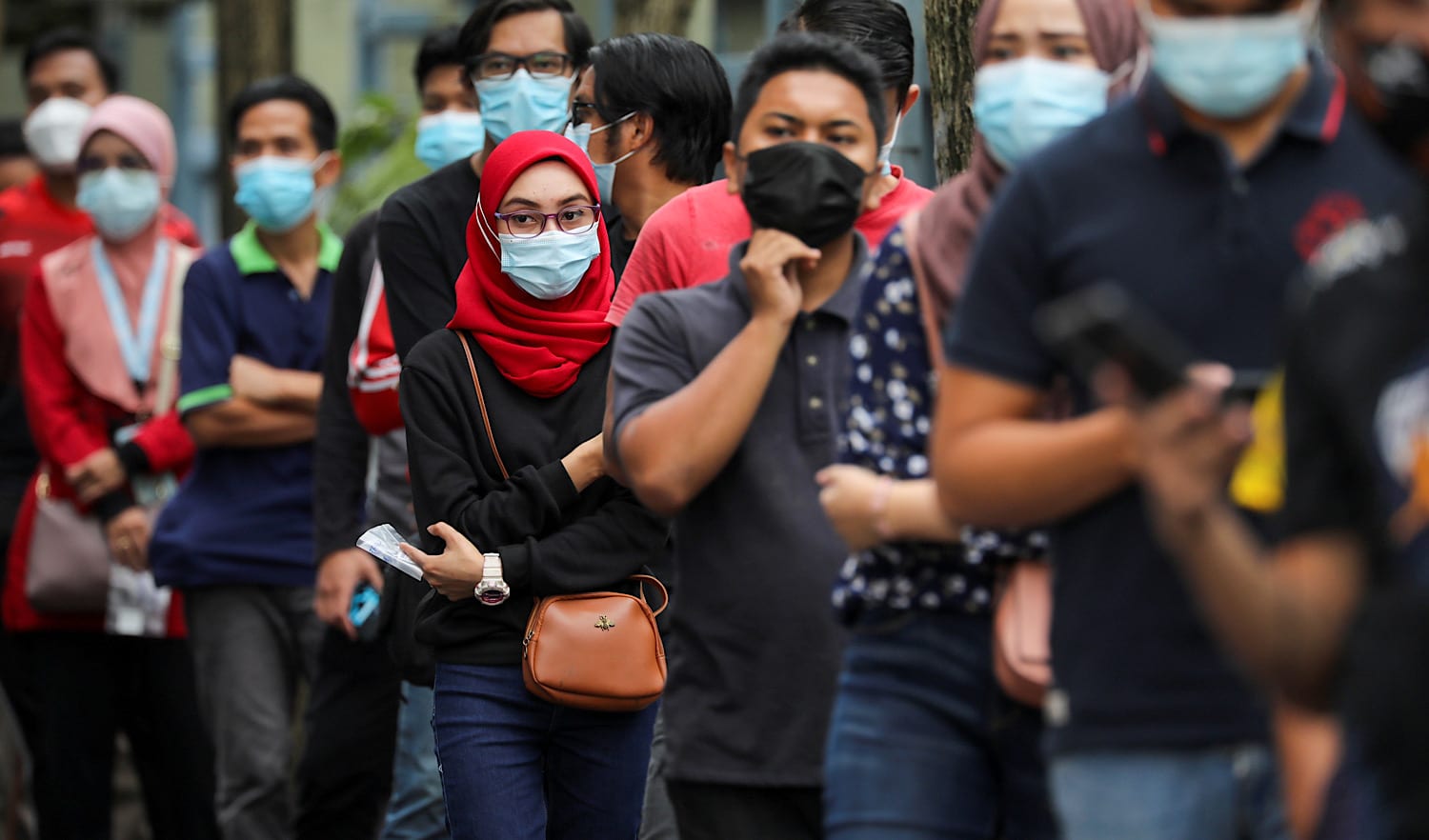NELLY CARRILLO WRITES — The pandemic has undoubtedly changed the way average citizens go about their life. Additionally, we see significant changes in the way countries govern themselves across the globe. These special circumstances allow elected officials to use different methods to govern and it also allows them to keep themselves in power.
Malaysian lawmakers shared their frustration with Former Prime Minister Muhyiddin Yassin stating that Yassin has used COVID-19 emergency measures to halt parliament and prolong his time in office. Since January, Former Yassin had ruled without any legislative approval by using COVID emergency measures. It was announced that Malaysia’s parliament would finally reopen during the month of August. However, Former Prime Minister Muhyiddin Yassin made it clear that there would only be a five day special session focusing on the pandemic; nothing more and nothing less.
Former Prime Minister Yassin had consistently prevented parliament from meeting by claiming that holding consistent meetings would only increase the risk of the COVID-19 cases due to the amount of individuals present. These actions prompted lawmakers to protest outside the parliament building in Kuala Lumpur. On August 20th, 2021 Malaysia’s King finally appointed Ismail Sabri Yaakob as the new prime minister that is expected to address the declining economy of the country. This is not an isolated case, situations similar to this one are common throughout Southeast Asia.
In Cambodia, journalists are being arrested on charges of incitement. Recently, Cambodian journalist Kao Piseth may be facing five years in prison because of his critique on the Cambodian governments’ handling of the pandemic. Piseth’s case is not an isolated one ever since a COVID-19 law was introduced back in March, Cambodian citizens have seen more individuals detained for their speech.
The government has also claimed that Piseth has also questioned the efficacy of the Chinese vaccines. Essentially, he encouraged individuals to not get the vaccine and undoubtedly discouraged some individuals from doing so. The law is known as the Law on Preventive Measures Against the Spread of COVID-19 and other Severe and Dangerous Contagious Diseases. The law includes reasonable guidelines for decreasing the transmission of the virus. It punishes individuals who are suspected of spreading COVID-19 misinformation.
However, to some Cambodian activists this law has been used against independent journalists that are simply trying to inform the public of the resources available to them in addition to their critiques of the government’s action. Activists also believe that there are better approaches to dealing with someone who is spreading misinformation; giving warnings first.
Malaysia is an example of an elected official taking advantage of a crisis. Cambodia’s situation highlights the complexity of creating legislation that challenges a person’s ability to speak their mind or even meet up with others. This is not an uncommon phenomenon; during times like these it is important to ask, should leaders have the ability to disrupt government protocol ( regular meetings, creating legislation) even in the case of an emergency? Should there be extra limitations on legislation passed during special circumstances?
The COVID-19 Civic Freedom Tracker is an interesting tool that tracks emergency laws that specifically infringe on human rights. The categories include emergency laws that affect: expression, assembly, and privacy. The tool also provides information regarding legislation that makes it more difficult to share information around the Coronavirus. It is a fantastic way of learning more about different measures taken by countries around the world against the disease.
The pandemic was able to disrupt everyday procedures and meetings. Due to the pandemic it is important to learn about the behavior that elected officials take. In addition, it is important to look at legislation that is passed and reflect on the effectiveness. What did we do wrong? What did some people take advantage of? Is there any way we can improve on what we did well? Reflecting on policies around the world and local policies will help improve future responses to similar situations.
What can be done? Perhaps there should be a committee for each country that is responsible for overseeing the effects of emergency legislation and whether it is an abuse of power. That way, lawmakers can gather together and set boundaries that will prevent abuses of power and human rights violations. Such a task would be difficult; choosing who would be allowed on the committee and how much jurisdiction it has are all important factors to consider. Alternatively, this can be done in an international setting. Perhaps this committee can be a part of the United Nations. At the end of the day, there needs to be some sort of supervision of emergency measures and the way they are being used.


One Reply to “SOUTHEAST ASIA: HOW COVID-19 TRANSFORMS GOVERNING”